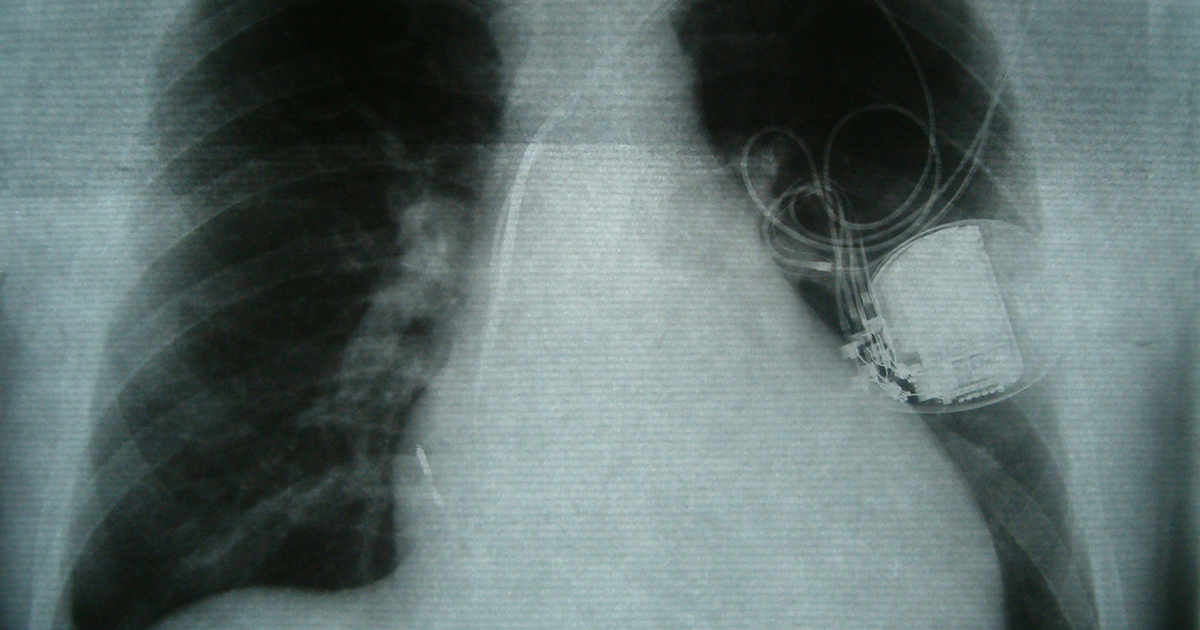How To Treat Heart Failure
Medical Devices

Most of the medical devices are designed to aid in the control of irregular heartbeats in patients with heart rhythm disorders. There are cardiac electrophysiologists implant devices that either help the hearts electrical system to function properly or measure the heart rhythm. These devices include a pacemaker, implanted under the skin of the chest to produce electrical pulses that keep the heart beating normally and manage the heart rhythm disorders, such as when the heart beats too slowly or beats irregularly. Biventricular pacemakers are implanted if other medications don’t relieve symptoms of heart failure. The other medical device doctors may employ is an implantable cardioverter defibrillator, which helps in shocking the hearts rhythm back to normal for patients with fast irregular heartbeats, called ventricular arrhythmias. The last option is the implantable cardiac loop recorder, which monitors the hearts electrical activity for up to three years before replacement is required.
Heart Transplant

A heart transplant is considered when heart failure is so severe it doesn’t respond to any other therapy, but the overall health of the patient is good. However, there are factors patients as well as their doctor and family should consider to determine if a transplant is the right option. For instance, have all other medication been tried or eliminated? Does the patient have a likelihood of surviving without the transplant? Is the patient’s health good apart from the heart condition? Will the patient be able to adjust to the lifestyle changes that include complex medications and regular examinations needed after a transplant?
If a patient answers no to any of these questions, a transplant may not be the best option. If the patient has other medical problems like infections or is severely obese, they might not be considered as candidates for a heart transplant. Except for having to take prolonged treatments to keep their bodies from rejecting the donated heart, many transplant recipients live normal lives.
